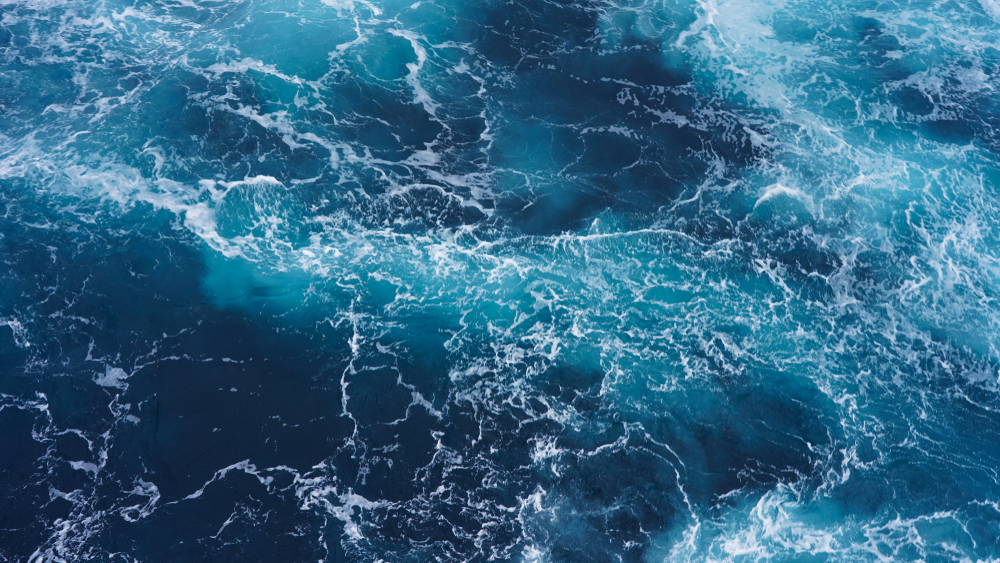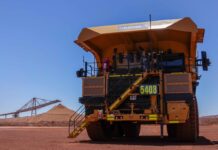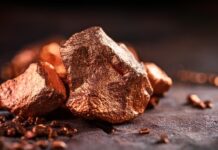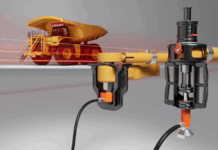Australia unlikely to embrace deep-sea mining

The US is advancing its deep-sea mining interests, but Federal Resource Minister Madeleine King urged Australia to remain focused on its above ground critical minerals resources.
In May US President Donald Trump signed an executive order to open US and international waters to deep-sea mining, which targets polymetallic nodules — a rich source of cobalt, nickel and manganese.
To address the critical minerals supply-demand gap mining companies, including Canadian based deep-sea miner The Metals Company, are embracing the alternative source.
The Metals Company is focused on extracting these nodules from a region in the Pacific Ocean called the Clarion-Clipperton Zone (CCZ). Currently, 17 operators have been granted exploration contracts to map potential mine locations within the CCZ by the International Seabed Authority (ISA).
The Metals Company chief executive Gerard Barron says there is more than 20bt of nodules in the CCZ.
“To form the infrastructure that our society depends on, whether it’s electric vehicle batteries, cobalt, of course, is used for batteries and copper is used for so many things for electrification, you couldn’t wish for a better mix of metals inside this nodule,” he said.
Despite the US’s interest, deep-sea mining remains controversial.
The ISA is a United Nations-affiliated organisation and is the sole body authorised to regulate resource extraction in international waters. The US executive order invokes an existing US law, the Deep Seabed Hard Mineral Resources Act, that gives the US authority to mine international waters without ISA approval.
These waters are beyond the jurisdiction of any one country, according to the World Economic Forum, and the US is not formally bound to the authority of the ISA.
Minister King says it’s important the world comes together to regulate what happens in seabed mining due to the immense potential for damage.
“There’s a lot of those very same minerals sitting above ground ready to go in Australia, they’re in places where we’ve explored deeply and we’re ready to mine,” she said.
“There’s not as much research as one would hope. There are yet to be regulations that the international community has agreed to on seabed mining.”
Minister King says critical minerals remain a national priority for Australia, but the nation can play a pivotal role in the global supply chain with its terrestrial resources without looking at the sea.
“Australia has so much rich geology above ground where our expertise lies right now and has been built upon by many, many decades of mining.
“We have the mines operating right now with all the environmental approvals, safety regulations, jobs and communities that support them.”
Minister King confirmed the Federal Government is focused on the development of a domestic critical minerals and rare earth processing industry — an industry currently dominated by China — reaffirming the critical minerals strategic reserve’s importance in ensuring Australia is not subject to market manipulation.
“The Federal Government is [confident] that Australia will have a critical minerals and rare earths mining and processing industry that can start to compete with China,” she said.
“That’s going to take a bit of time, but there is [interest from] the industry and in our state and territory governments to support this as well as [interest from] international governments who need a diversified supply chain.”






















